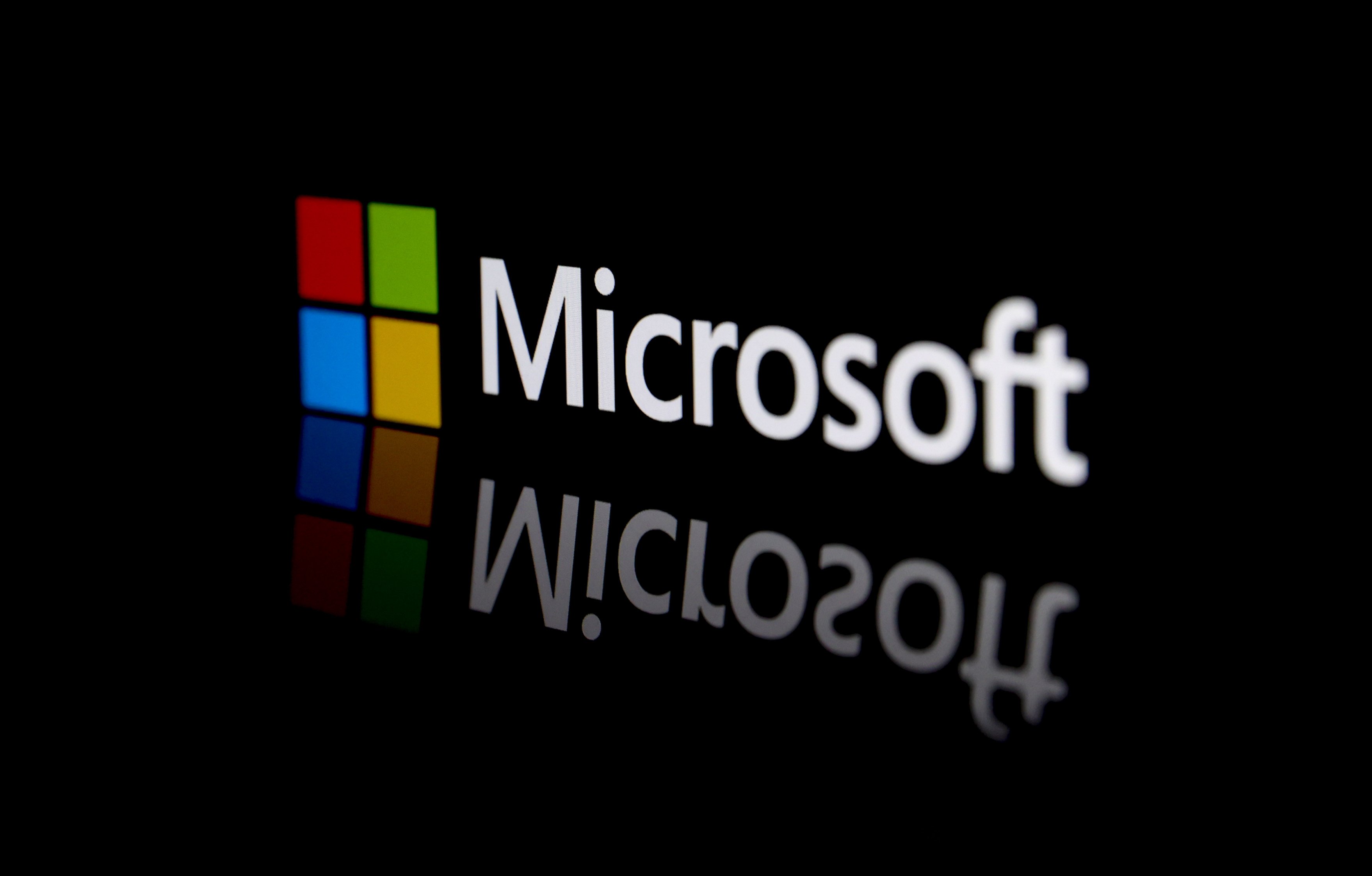The Internet of Things lives everywhere.
It's a broad term used to define the emerging world of connected devices. The IoT is everything that communicates over the Internet that isn't a computer, phone, or tablet. It includes a smart oven that you program remotely, an MRI machine that orders its own repairs, a light bulb or outlet you control with an app, and countless other smart devices in the home, workplace, and beyond.
Lot of companies are going to make money on the IoT, but at the core of all smart devices lives at least a kernel of an operating system. Some of those slim OS variants rely on new technology, but many will be powered by code that flows from an old stalwart -- Microsoft (MSFT +0.43%) Windows.
Meet the new boss, same as the old boss. If you want to make money on the Internet of Things, the best way to do so may be sticking with the company that makes Windows, the operating system that ruled much of the 1980s, 1990s, and 2000s and is still holding strong in the 2010s.
It's not just Windows
Microsoft isn't the only company modifying its operating system and working with developers to create IoT technology. Apple (AAPL 0.75%) has big plans for connected devices, as do countless developers using technology based on Google's (GOOG +1.08%) (GOOGL +1.15%) Android OS.
There are also other players not tied to any of the three currently dominant operating systems. But of all the choices, Microsoft is best positioned to make the most money from IoT.
It's easy to dismiss Google's prospects, because it has made Android an open-source operating system. That means any company that wishes to use it doesn't pay a licensing fee. That situation has worked well on tablets and phones, because it has led to a proliferation of devices installed with Google's apps and the Play store.
The search giant may not make money from selling its OS, but it does collect fees for apps sold in the store and other add-ons purchased by the hundreds of millions of people using Android devices. With IoT devices, for the most part, the OS will just be a stripped-down version designed to power very specific functions. That removes much of the ability to profit from an open-source product.
Apple's problem is that it has limited its IoT efforts to devices controlled by iPhones, iPads, and Macs. The company has built a closed universe that requires being in the Apple ecosystem of devices. That has been a lucrative strategy, but it's also a limiting one. The company will sell IoT devices to its customers, but it's not likely to open itself to the entire universe.
Microsoft goes big
While Apple has an intentionally closed-off universe, Microsoft has been enlarging its own addressable market. New CEO Satya Nadella has made a huge push to have the company's products -- specifically the Office suite of software -- available on Android and iOS devices.
Because of that philosophy, it's very likely that he will make it so IoT products powered by Windows will be controllable using phones, tablets, and computers running a variety of operating systems. Nadella has been at the forefront of his company making an IoT push.
During the Microsoft Convergence 2015 event, Nadella announced the Azure IoT Suite, an integrated offering that "uses Azure capabilities to connect devices and other 'things,' capture and integrate the data they generate, and analyze and present it as usable information."
Microsoft is also pushing for interoperability. Eric Wood, principal consultant/architect at Microsoft, wrote on a company blog that a Nest thermostat doesn't work with an Iris system, "so I can't have a truly intelligent rule such as 'text me if the HVAC is turned on when a door or window is open.'"
He continued by making a plea for devices to work together:
For the Internet of Things to thrive, companies developing products for both consumers and enterprises need to find common ground and develop systems that can actually connect," writes the Microsoft for Work team. "Without an open source effort, the Internet of Things becomes the Internet of <insert-brand-name> products. And doesn't bring us the more efficient world we've been promised.
In recent years, Microsoft has been more likely to follow than lead a trend, but Nadella appears to be reversing that situation, and the company is at the forefront of IoT development.

Microsoft created this graphic to show a visual representation of interoperability. Source: Microsoft.
It's a big world
Microsoft is positioning itself well to make itself (and its investors) money through the upcoming explosive growth of IoT. The company can sell -- and, in some cases, give away -- versions of Windows to control IoT devices and then offer up apps that work on any platform to control those connected machines.
It's a smart plan that gives potential partners the broadest possible playing field. Microsoft won't own IoT the way it did the PC market, but the universe of connected devices has the potential to be astoundingly large. The Windows maker may not dominate, but it's likely to be a major player. This makes it a good long-term bet for investors hoping to make money off the development of the Internet of Things.






